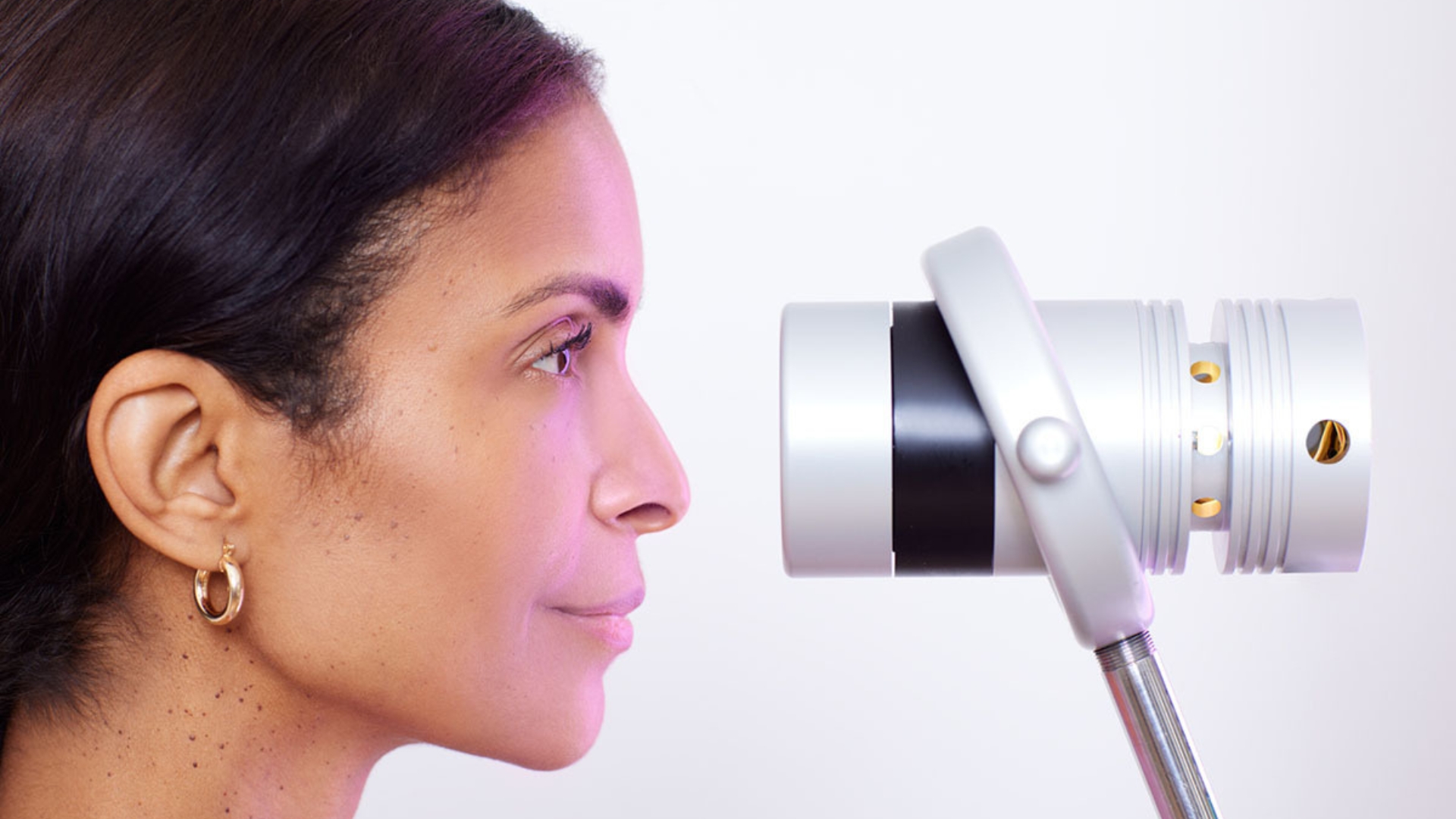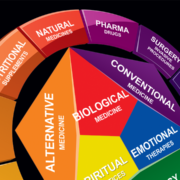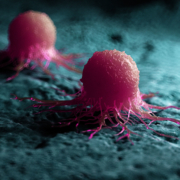Neuro Emotional Therapy: Exploring the Physical Link Between Emotion and Trauma
Our entire lives are dictated by our perspectives, our experiences, and our emotions. Although we may understand how experiences and perspectives are formed by the events in our lives, over time humankind has developed a wariness towards our more emotional tendencies. Many of us are taught that emotions weaken us and make us more susceptible or vulnerable to damage. Others are taught to distrust their emotions and focus on logical evaluation. Although, to an extent, both may hold some truth, the process of turning our backs on our emotions has opened humanity to a different kind of weakness: illness and disease. As emotions are part of an integral attribute that defines our evolutionary progression, one might argue there must be reasonable justification as to why we have them.
Currently, psychologists consider two scientific ways of interpreting the nature of emotions. One theory suggests emotions are judgments we make about how a current situation meets our personal goals. For example, if we are excited it suggests our goals are being met, whereas if we experience disappointment, not so much. Another concept actually suggests that emotions are our means of explaining changes within our body, such as evaluating our pulse, breathing, and perspiration rates. Both perspectives fail to fully explain what drives emotions, however, they certainly emphasize the complex interconnectedness between our physiological and environmental states.
Emotions and Stress
Throughout our lives, we experience emotional events that shape our perspectives and influence our future choices. Sometimes these events are positive and help us develop healthy self-esteem and coping mechanisms. Other times, they appear as traumatic events that penetrate our subconscious, creating self-doubt and affecting our ability to connect with others. When strong emotional events occur, they can cause a strong physiological reaction within our bodies. This can manifest itself in a plethora of ways, whether long-term anxiety, chronic fatigue, behavioral disorders, and even neurological or muscular pain. Understanding the emotional connection between stress and its biological response can improve the management of an issue as well as determine the proper healing approach.

Stress Increases Your Risk of Disease
Positive emotions can help us develop intimate relationships that expand our ability to thrive in an environment. They can also play a pivotal role in helping us relieve stress during hard times. Much like a dog shakes after a bath, a sudden boost in mood can help us “shake off” negative feelings and refocus our attention on problem-solving. Emotions are essential for our personal development and our mental health. Whoever said, “Laughter is the best medicine,” had a point; science has shown the role emotion can play on our health time and time again.
Alternatively, scientific literature is also plagued with instances of negative emotions driving the risk for inflammation, depression, obesity, cardiovascular disease, coronary heart disease, and even cancer. This association is not supported by acute instances of stress — like when you have to give a public speech — but by chronic stress, such as caring for a sick loved one or managing in times of financial hardship. Over time, these stresses can impact our immune system and our posture, increasing our digestive issues, heightening our susceptibility to illness, and reducing our natural healing processes. The ability of our emotions to translate into complex physiological responses may well be related to the root of disease. Despite this research, the medical field has been relatively slow to catch on, focusing on pharmacological remedies instead of investigating the source of these issues. Rather than concentrating on healthcare, most countries have transformed, instead, into disease-care countries.

Relieving Stress Rather Than Masking It
Much like an elephant’s memory, our bodies have an incredible ability to retain and remember stressful events long after they have transpired. This is in part due to the chemical reactions that occur during a traumatic episode. Neuropeptides are biological compounds released from our brain during these events that carry information to other tissues in our bodies. When these neuropeptides reach their destination, they interact with the surrounding cells and become attached.
This series of events is replicated each time we experience something that causes a strong emotional reaction. Our bodies can quickly adapt to this circuitry and at times a strong response can have lingering effects. Even remembering a strong emotional event can trigger this same biological reaction, adding to the authenticity of a post-traumatic stress disorder episode. Reliving a traumatic event, then, can be just as powerful as the initial response to the actual event.
Yet, there is hope. Just as negative emotions can be programmed into our bodies, they can also be programmed out. Neuro Emotional Technique or NET is a therapy used to identify the negative emotion that is involved with an experience and physically “releasing” it by tapping the area of the spine related to the area of the body associated with that emotion. These areas are called Meridian Points, identified by traditional Chinese medicine in acupuncture. Each meridian corresponds with an organ and connects through either the hands or feet. A series of emotions or states are related to each meridian and send signals throughout the body. When the flow of this energy is unrestricted, the body is in harmony and remains healthy. In the case of a traumatic event or long-term stress, a psycho-emotional block can impede this natural flow and affect the corresponding organ. NET therapy can help restore this energy blockage and allow the body to return back to health.

Learn more about innovative therapies to restore your health.
Recover Your Body’s Natural Flow
NET therapy can be used to treat a variety of ailments such as headaches, pain, anxiety, depression, and other behavioral disorders. NET specialists first work to identify the emotional trigger connected to the issue, and then establish a link from the traumatic event to the Meridian Point associated with it. By accepting and allowing those emotions to move through you and out, you can essentially allow the physiological response to do the same. The key is to accept the emotional state of the event as it affects you and allow your body to open up to the biological reaction, resulting in a natural acceptance and release as the specialist uses pressure on the spine to recover the emotionally blocked flow.
Studies have shown positive results to this therapy. In clinical trials, patients with a variety of ailments found both emotional and symptomatic relief. It can also improve the prognosis of patients when used in conjunction with other medical therapies to alleviate stress and aid in the ability of the body to repair itself naturally. Over time, or as prescribed, NET therapy can address each individual issue as it arises, allowing you to release the stress you’ve held onto throughout your life and to reopen your body and mind. Moreover, it can further connect it with healthier habits for processing emotional events in real-time.
Reimagine what your health could be without the burden of carrying a lifetime of repressed emotional trauma. Stop distrusting your emotions and allow yourself to feel. Open your mind to the possibilities of relief simply by accepting the weight of your emotions. Allow them entry into your body and allow them to pass through you. Allow your body to process them and to release them. Through the lessons of Neuro Emotional Technique therapy, you may find new relief and a path toward healing your unresolved traumas by tapping into the miraculous potential of your emotions.
“NET is a wonderful treatment that aids in releasing imprinted emotional information that affects physiological function by ‘de-activating’ information like a credit card. Many patients report a sense of relief, lightness, connection to their inner subconscious and overall understanding of the emotions that affected them and how they were suppressed for such a long time.”
– Caitlin Policastro, NP, New York Center for Innovative Medicine
Disclaimer: The statements made in this article have not been evaluated by the Food and Drug Administration. Any products or treatments mentioned are not intended to diagnose, treat, cure, or prevent any disease. Please consult a licensed medical practitioner for medical advice.
At Innovative Medicine, we believe in transparency. We want you to know that we may participate in affiliate advertising programs pertaining to products mentioned herein.
See how we can help you restore complete health of body, mind & spirit.
Join our mailing list and receive exclusive offers + information!







Trackbacks & Pingbacks
[…] Related: Neuro Emotional Therapy: Exploring the Physical Link between Emotion and Trauma […]
[…] Related: Neuro Emotional Therapy: Exploring the Physical Link between Emotion and Trauma […]
Leave a Reply
Want to join the discussion?Feel free to contribute!